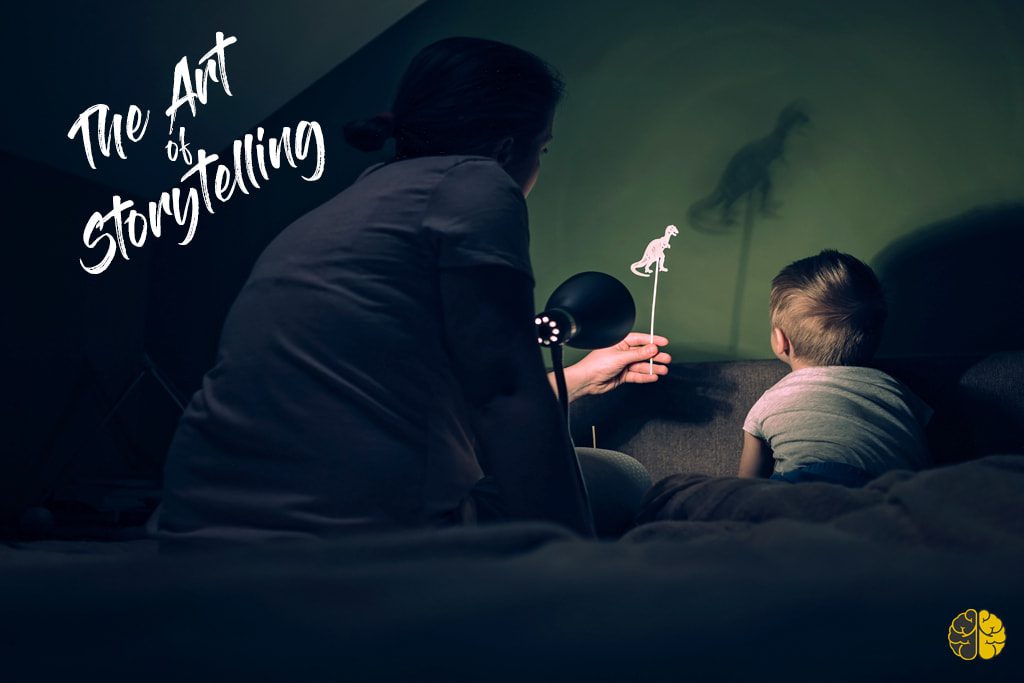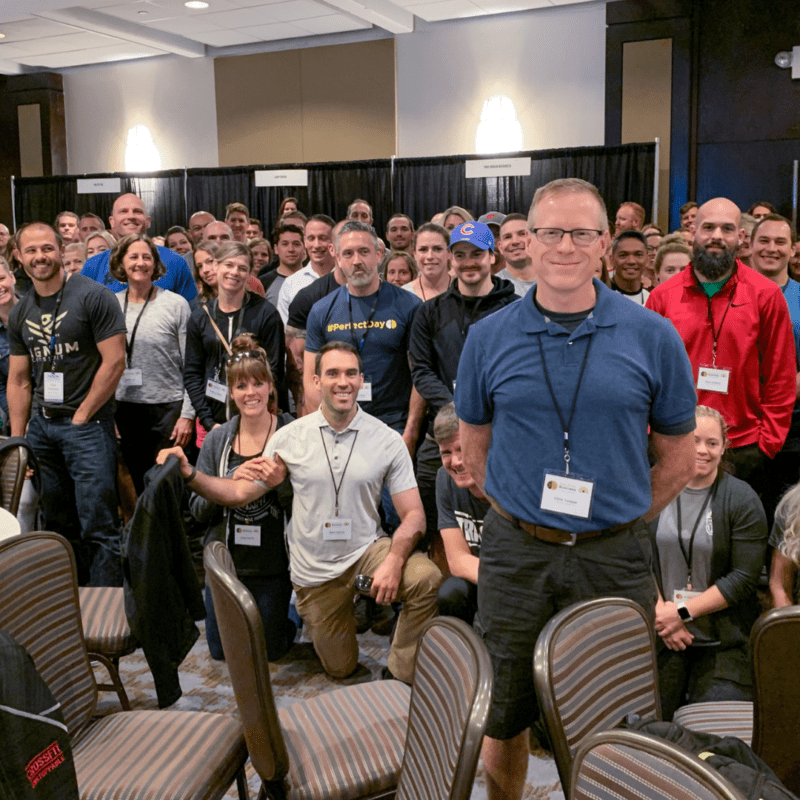The park bench on which I sat had no shade.
It was hot outside. I burn. But I didn’t care.
I had reached financial rock bottom.
We were broke. My business couldn’t pay the rent. My wife had decided not to return to work after her maternity leave. We were fighting over the grocery bill. I had been leaving the house at 4 a.m. and staying at the gym until 7 or 8 p.m., working Saturdays until mid-afternoon, and collapsing on the couch at home.
I was skipping meals, driving to and from work in a state of deep depression. I had just fired my only Sunday staff. And I couldn’t see any way out: I could get a job—but I didn’t have any skill set outside fitness. The gym was all I knew and all I had, and I had resolved to stay in the business until it killed me.
But now, sweating in that park, I realized that it was close.
I was working my hardest, but our debt was growing. My wife’s patience was almost gone; our home was thin ice.
I’d tried everything, I thought. I wasn’t going to outwork my mistakes.
I wasn’t going to outthink my mistakes. I left the park because I had a client booked for a workout, not because I had any answers.
That afternoon, a friend sent me an email that changed my life.
When You Open a Business, You Become a Storyteller
Your story is the common thread that runs through your media. The public, your staff and your clients don’t see you—they see your story.
Our brains are wired to remember stories. It’s how we learn, how we judge and how we trust.
The promise of the digital age was that we could reach more people and capture attention for close to free. But attention is not enough. Your message needs to be believed, not just noticed.
You can’t out-yell everyone else. You can’t be heard if you’re saying the same things they are. You can buy ads, attention and awareness—but you can’t buy trust. And trust is what makes people choose you.
The path to success is littered with great ideas that failed because they were poorly marketed. Too often, our businesses fail because we haven’t told the right story in the right way. Or we haven’t told a story at all.
When I read Seth Godin’s book “All Marketers Are Liars” back in 2006, it changed my life. I’d been writing blogs since 1998, and sometimes those blogs got me new clients.
But when I found Seth, I started telling stories. That pivot took me from a scrounging personal trainer to the founder and CEO of a multimillion-dollar global company. That is the power of good storytelling. Every story I tell is true, and that’s what makes them powerful (I can’t wait to tell you more tomorrow).
I asked Seth to work with us at the 2020 Two-Brain Summit because gym owners need to tell their own stories—now more than ever.
Telling stories is one of the most important things you can do for your business. In fact, you’re telling a story whether you want to or not—your silence also tells a story (and not the one you want told).
Your business deserves to be successful, but you can’t change minds without winning hearts. And you can learn to tell better, true stories—the kind that change how people feel, and, in turn, what they do.

